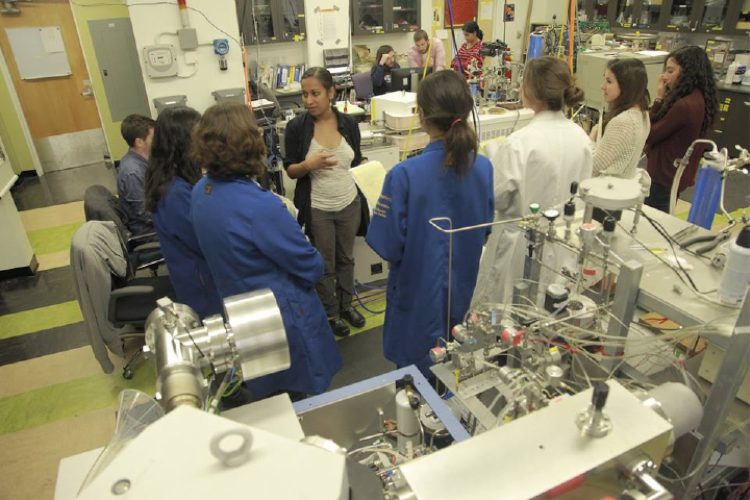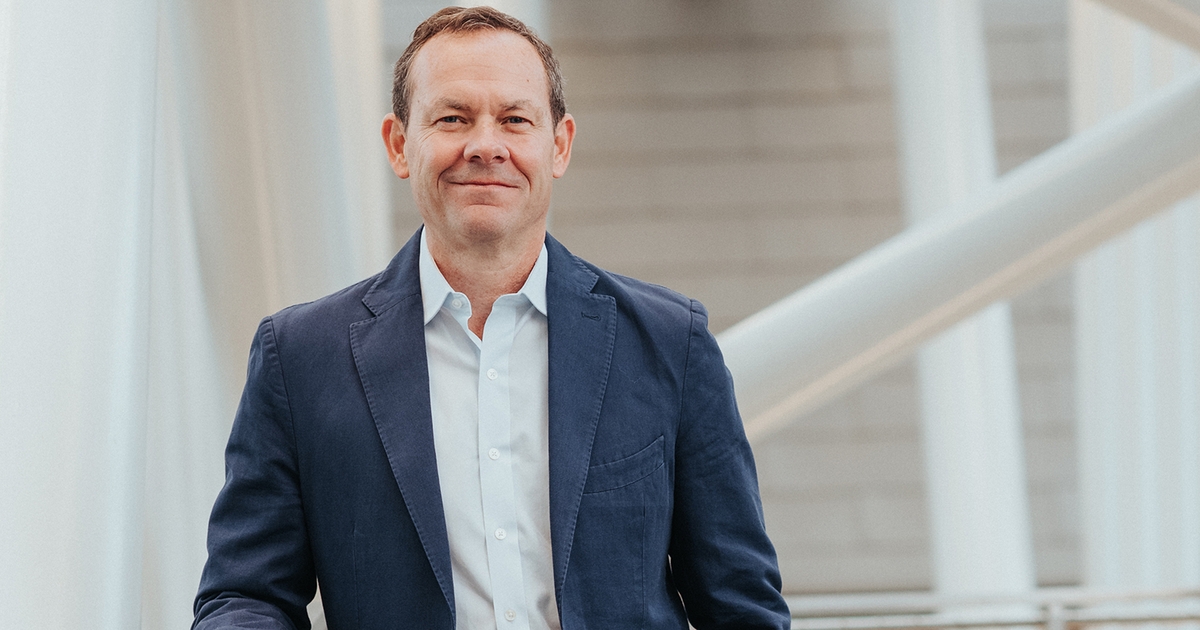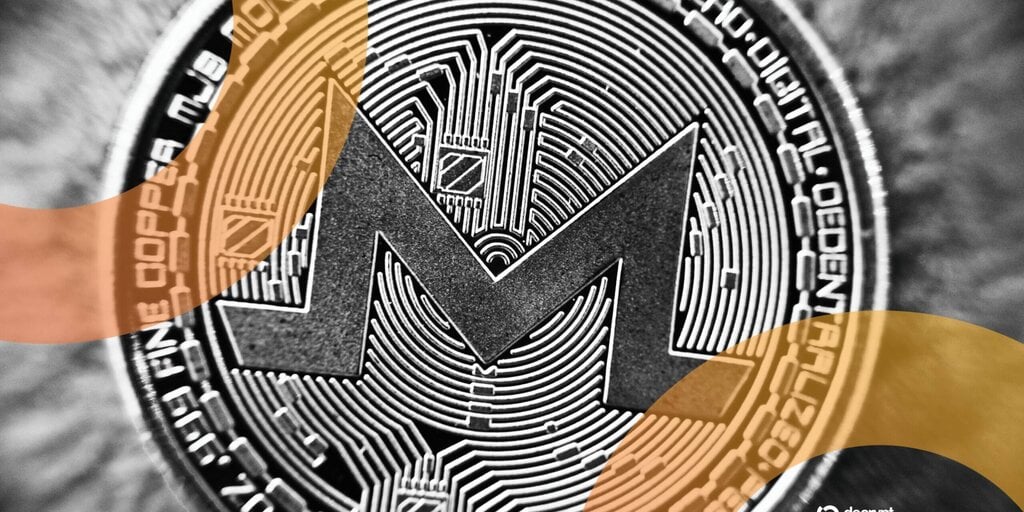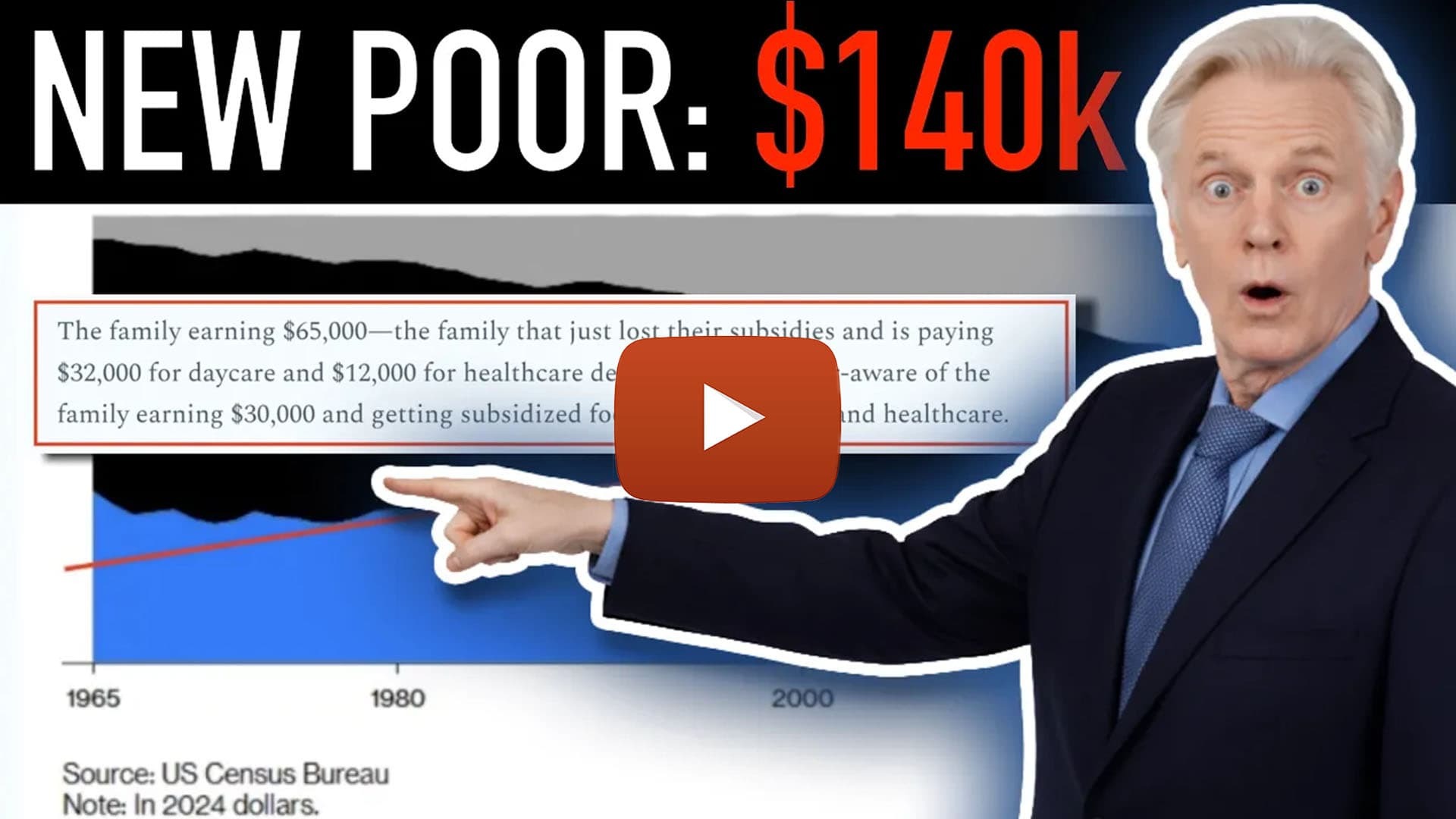TriplePundit • America is Losing Its Next Generation of Scholars Before They Even Get Their Start

Picture a relay race, the baton passed from one generation to the next. A race that’s built America’s legacy of scientific, medical and technological progress. But what happens when, right before the next handoff, someone yanks the track away?
That’s how it feels right now, watching the intensifying rampage from Washington against scholarly research across America.
I wanted to apply to the University of California, Los Angeles, Ph.D. program to study the intersection of climate change and social issues — a field that feels, if anything, increasingly important. When asked once, “When do you think the doomsday moment for climate change will arrive?” I responded, “For the parents that had to bury their child from a climate disaster, I am sure the doomsday moment has already happened.”
Climate change isn’t some distant threat. It’s a force already reshaping our lives. Wildfires paint skies orange, floods wash away entire neighborhoods, and heatwaves kill crops and strain our power grids. Yet, the demand of a $1 billion settlement from UCLA to restore its frozen federal funding threatens to impede not just a university, but a whole ecosystem of discovery that could help us identify breakthroughs for climate adaptation and resilience, as well as countless other pressing, global challenges. For those of us hoping to join the next wave of scholars, such as myself, the message is clear: The institutional support once counted on, the path once seen ahead, is vulnerable to politicization and in fact may not be there at all.
In fact, the research center that hoped to sponsor me has only months of funding left before its coffers run dry. No more students. No more research. Doors that once seemed open are slamming shut, and I’m left standing outside, with few places to turn to for relief. Meanwhile, climate disasters will continue to hit hardest in vulnerable communities, widening the gap between those who have resources and those who don’t. Studying this intersection at UCLA meant a chance to help communities adapt, survive, and maybe even thrive in the face of crisis. It’s infuriating.
This isn’t just about research papers gathering dust on a shelf. UCLA is one of the world’s great engines of invention. Over the past decade alone, the university has produced more than 1,400 United States patents and launched upwards of 250 startup companies based on campus research. The nicotine patch, the first reverse osmosis system for water purification, and even the technology behind Google’s search algorithm have roots at UCLA. Every one of those breakthroughs started with observations, questions, and crucially, a federal grant.
Take UCLA’s Valley Fever Center, where researchers are piecing together the puzzle of a disease that’s quietly devastating communities in the American West. Or the campus’s planetary scientists, who scan the night sky for asteroids that could spell catastrophe for Earth — work that might seem like science fiction, until the day it saves us all.
Even further back, UCLA researchers, with the help of federal grants, helped build the backbone of the Internet. The technology that powers your daily life — the way you work, learn, connect and read this article — was born in university labs, fueled by values that appreciated intellectual curiosity for the public good.
Research isn’t some academic luxury, a perk for ivory towers. It’s the engine under the hood of our society — always there, always making our lives easier in ways we may not even realize. Federal research grants aren’t handouts. They’re lifelines. They’re the government’s way of saying, “We need cures for cancer. We need safer bridges and cleaner air. We need to outthink the next pandemic before it starts.” The most promising ideas rise to the top, and the whole country benefits from them.
Scientists working on ending diseases, saving lives, and so much more suddenly find themselves without the tools or time to finish the job. The next generation, the one supposed to inherit the baton, stands on the sidelines, watching the track dissolve, and wondering if it will ever come back.
We like to think of America as a place where talent and hard work open doors. But if the doors are locked, if the lights go out in our labs, what’s left? We lose the next breakthrough in medicine, the next leap in technology, the next chance to outpace our global rivals. I can’t help but picture officials abroad shaking their heads at our self-sabotage, while their countries’ universities see this as the perfect opportunity to surpass the United States in science and technology.
But of all the things we stand to lose, we may lose hope. And some, such as myself, may contemplate giving up entirely. “Let me choose a different career, one where it may be less likely to be politicized,” they may think. The idea crossed my mind more times than I care to admit since January 20, 2025.
I’m devastated, yes, but mostly I’m angry. Because the attack on UCLA, Harvard, Columbia, and so many others isn’t just about dollars. It’s about telling young people that our ideas, our futures, don’t matter. Even though I thought about giving up, I won’t. My dream to contribute to making our country a safer, healthier place for all hasn’t extinguished. I will keep fighting to rebuild the pathway for me and others to carry the baton forward.



Post Comment